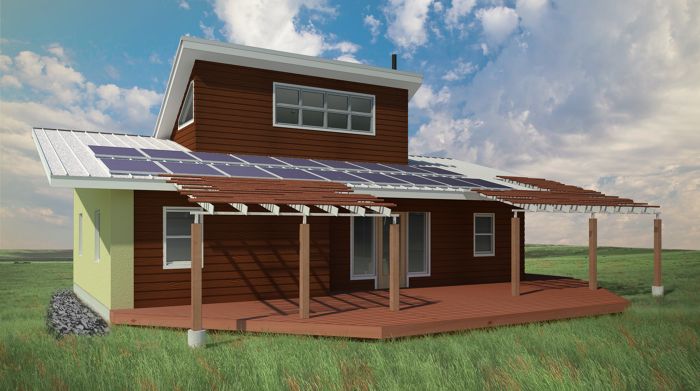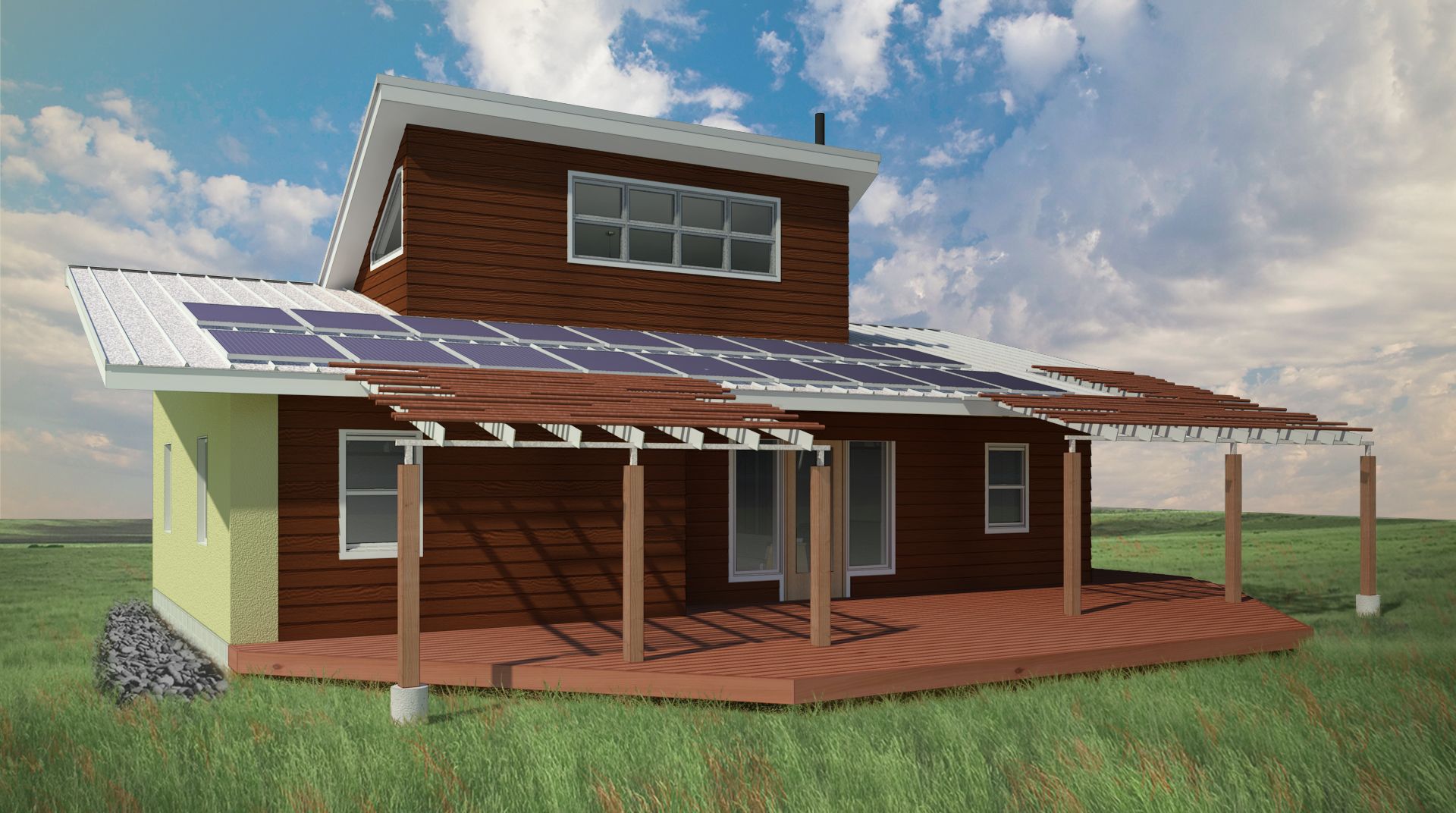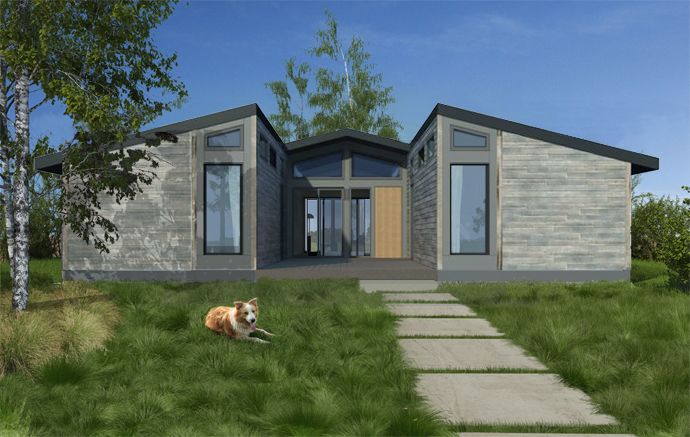
Brad Pitt’s Make It Right Foundation will try to make a dent this year in a housing shortage at Fort Peck, a 2-million-acre Native American reservation in Montana where housing is in such short supply that some families have to sleep in shifts.
The actor’s foundation, which got its start constructing 150 houses in New Orleans after Hurricane Katrina clobbered the city’s Lower Ninth Ward, will start on 20 LEED-Platinum homes later this year. The foundation also has been behind housing projects in Newark, N.J., and Kansas City, Mo.
The new houses at Fort Peck will have three or four bedrooms and two or three bathrooms. They will be rented to tribal members whose incomes are at or below 60% of the median income in the area, according to the foundation’s announcement. Ownership will transfer to the tenants after 15 years.
The project was launched last year with design meetings between architects and members of the Sioux and Assiniboine tribes at Fort Peck, located in Poplar, Mont. Foundation spokeswoman Taylor Royle wrote about the sessions and the situation at Fort Peck in a series of blogs last year.
“Hundreds of people are on a waiting list for the poor quality homes that exist,” Royle wrote. “We hear stories from people who have nine families living in a five-bedroom home and take ‘sleeping shifts’ to share the limited beds.”
The reservation, described by The Washington Post in an article last year as a bleak backwater, has an unemployment rate of more than 50% and widespread drug and alcohol problems.
Houses will be solar powered
There will be five house designs in all. Although Royle didn’t have a lot of specifics about the buildings, Make It Right aims for the “highest standards in green buildings.” Among features typically found in Make It Right houses are advanced framing, which minimizes the use of wood and allows more insulation; interior finishes with reduced volatile organic compounds; indigenous landscaping adapted to the environment; and photovoltaic panels. Some houses will be stick-built, and others will be modular.
Royle said the Fort Peck homes would be “solar powered,” but it wasn’t clear whether that meant they would be net-zero-energy designs. Insulation and mechanical systems, she said, would depend on the particular house.
A number of companies are donating building materials, including Shaw Floors, Cosentino (quartz surfaces), Benjamin Moore, Unico (small-duct heating and air-conditioning), and Leviton (electrical devices).
Architects and designers represent GRAFT, Sustainable Native Communities Collaborative, Architecture for Humanity, Method Homes, and Living Homes.
Fine Homebuilding Recommended Products
Fine Homebuilding receives a commission for items purchased through links on this site, including Amazon Associates and other affiliate advertising programs.

Affordable IR Camera

8067 All-Weather Flashing Tape

Handy Heat Gun




















